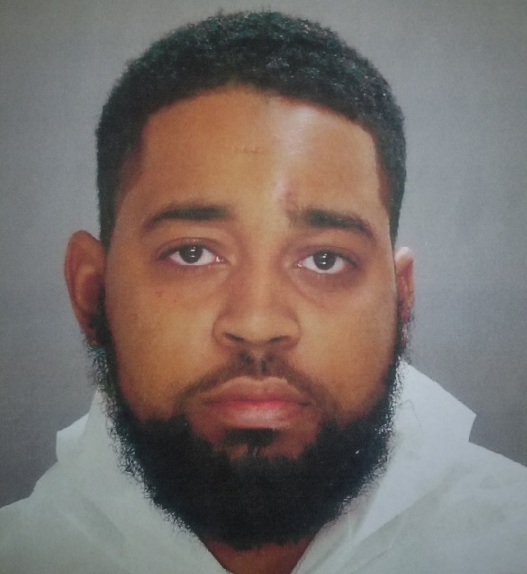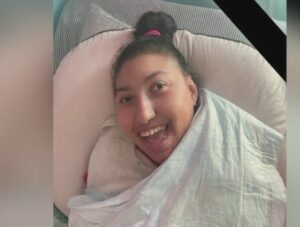Philadelphia Man Accused of ‘An Act of Pure Evil’ Charged With Murder in Fatal Darby Fire

A 30-year-old Philadelphia man who allegedly set a fire at a Darby Township house that killed his ex-girlfriend’s disabled sister is being held without bail on murder charges.
“The horrific fire that occurred in Darby Township on Sunday morning was an act of pure evil. A young woman afflicted by cerebral palsy, who we understand had been lovingly cared for by her mother and her sister, lost her life in one of the most agonizing manners imaginable. A life has been lost, and a family home has been destroyed. We grieve for her and her family, and we pledge to use every tool available to us to ensure that the suspect, in this case, is brought to justice,” said District Attorney Jack Stollsteimer.
Aaron C. Clark faces first, second, and third-degree murder charges; arson; aggravated assault; reckless endangerment, and other counts in the fire that occurred around midnight on Dec. 4 and destroyed a house on the 600 block of Sharon Avenue. Police charged him in a separate complaint with harassment, terroristic threats, and resisting arrest.
Delaware County Medical Examiner Dr. Bennett Preston said Olivia Drasher, 20, died of smoke inhalation and burns. While other family members and Drasher’s nurse, who suffered burns, were able to escape the inferno Drasher, who needed a wheelchair, died in her first-floor bedroom. The fire was set on the front porch just outside her window.

Olivia Drasher
Drasher’s older sister, Amira Rogers, went to the police on Dec. 3 to report Clark was sending her threatening text messages and saying that he would post indecent pictures of her on social media sites. Because both Rogers and Clark worked for the Postal Service, she also filed a complaint with postal inspectors.
Later that day, while in custody, Rogers and her family told police that Clark was still sending them threatening messages, according to the affidavit of probable cause.
Police tried to search Rogers, who struggled and spat on them. After he was subdued, they found an Apple watch hidden in his rectum.
The Drasher family created a GoFundMe account to help with expenses that Rogers set up.
Rogers wrote that the fire was set by “an evil psychopath and my little sister, Olivia Drasher, who is disabled and has cerebral palsy, was killed. She was only 20 years old. Her nurse, Ms. Sharon, was burned and inhaled smoke while trying to save Oliva. My mother was able to save Raquelle Drasher, Olivia’s twin sister. But my baby sister, Olivia, could not make it out. My family has lost everything. This man was harassing me where I work at the post office because I did not want to be with him anymore.”
“…he set our house on fire while my family was in their beds. We are working with the police to get justice, but we are now homeless. Due to Olivia’s medical condition, we were not able to obtain life insurance for her yet. But we never thought we would need it anytime soon because she was only 20 years old. My mother, Drena Drasher, is a veteran of the U.S. Army and a Philadelphia Police Officer in the 1st District. She worked so hard to provide for her family and build her dream house, all for it to be burned away by a demonic human.
“My family and I are devastated by the loss of our Olivia, and we need all your thoughts and prayers. The money for this GoFundMe will be used to pay for Olivia’s funeral services and burial and also to help us find a new home. We don’t have anything but the clothes on our backs.”
Please follow DVJournal on social media: Twitter@DVJournal or Facebook.com/DelawareValleyJournal



